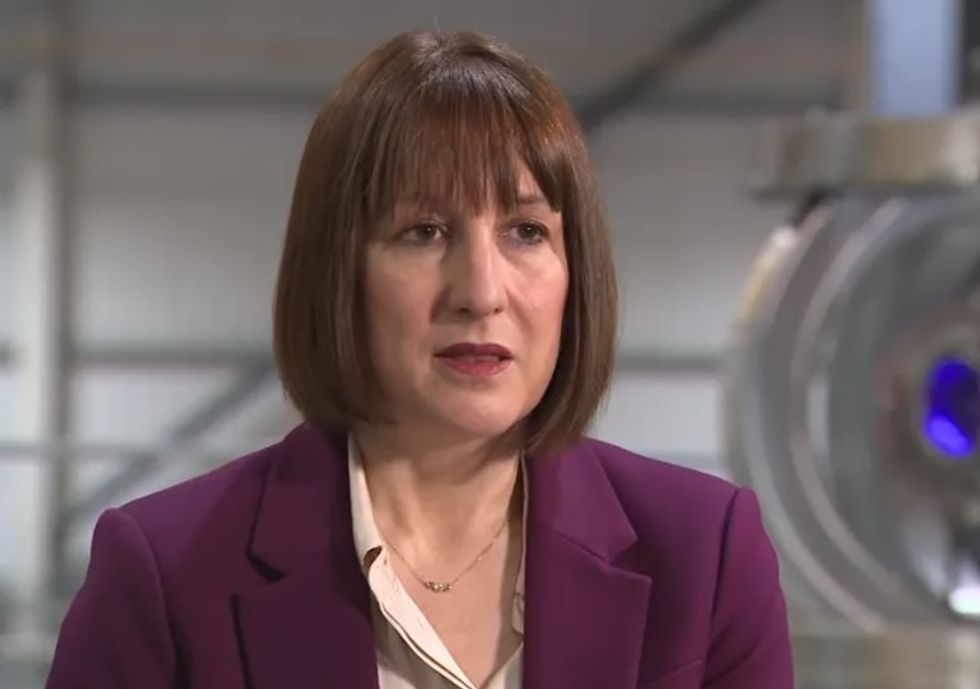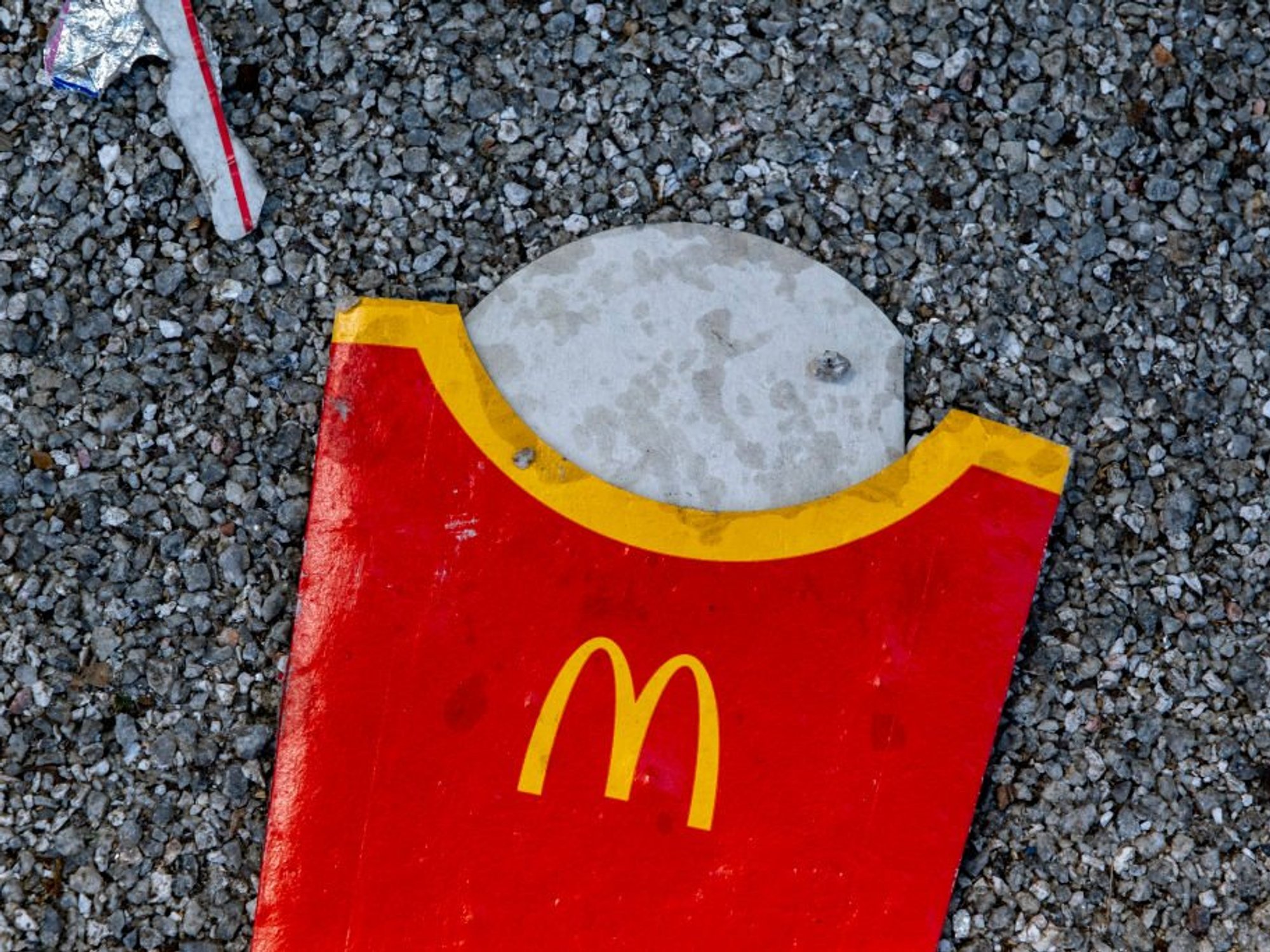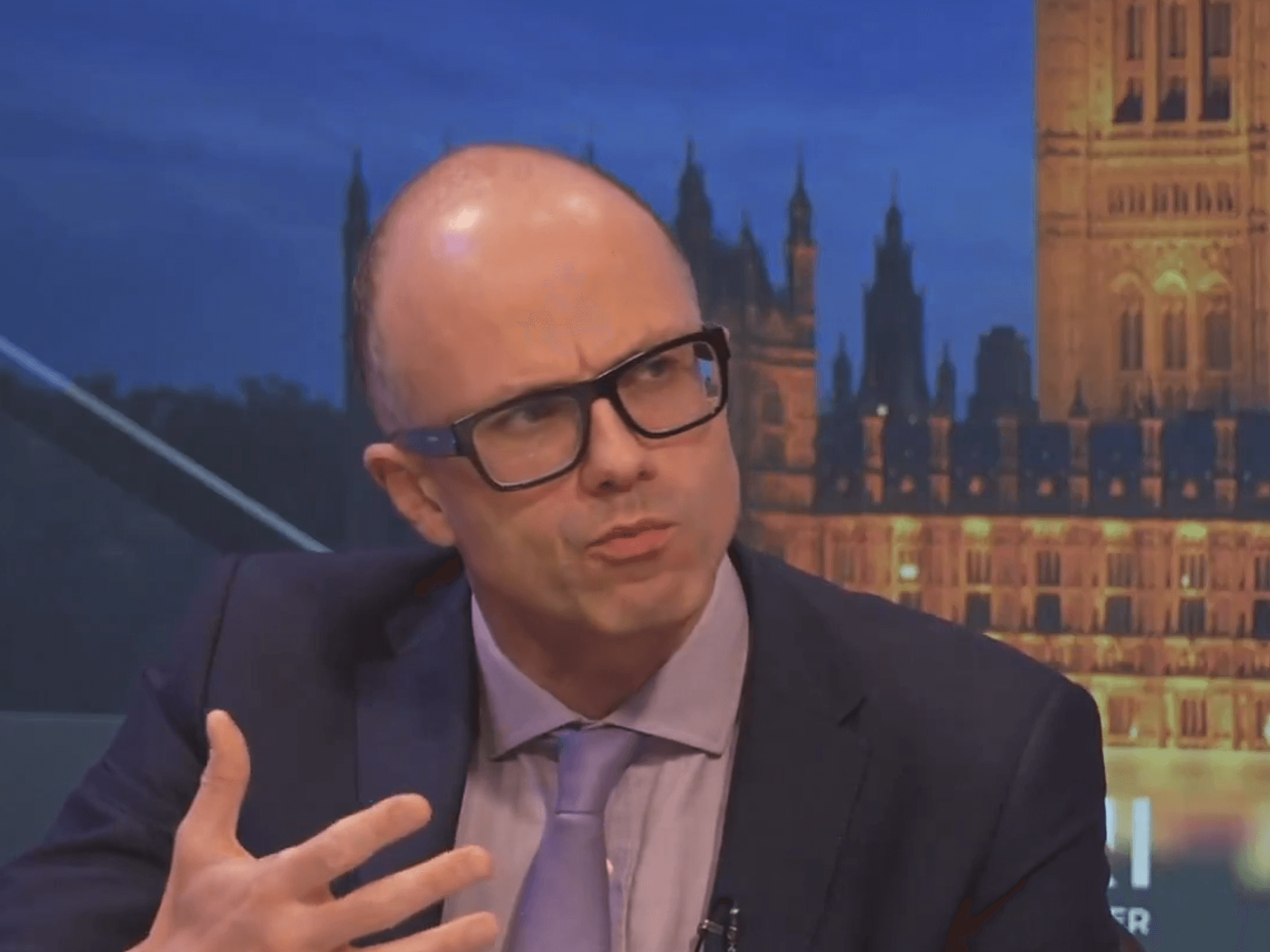Rachel Reeves under fire for unemployment rate rise as National Insurance raid 'now biting' employers

Shopkeeper issues warning amid national insurance hike and vape ban - 'There's going to be job cuts!' |
GB NEWS

Yesterday's unemployment figures are being blamed on recent tax decisions from the Chancellor
Don't Miss
Most Read
Analysts are sounding the alarm that the UK economy has taken a hit due to Chancellor Rachel Reeves's decision to raise the rate paid in National Insurance contributions for employers.
During last year's Autumn Budget, Reeves confirmed the National Insurance rate for businesses would jump to 15 per cent, which came into effect in April.
Critics have cited the latest labour market figures, with payrolled employees falling by 109,000 in May 2025, according to early estimates from the Office for National Statistics (ONS).
This represents a 0.4 per cent monthly decline, bringing total payrolled employment down to 30.2 million. The unemployment rate climbed to 4.6 per cent in the February to April 2025 period.

Rachel Reeves's National Insurance hike is being blamed for the recent job figues
|GETTY
The employment rate for those aged 16 to 64 stood at 75.1 per cent during the same period. These figures signal mounting pressures on the UK economy as businesses scale back hiring amid rising operational costs
Critics are warning of the broader employment picture reveals sustained weakness, with vacancies falling for the 35th consecutive quarter.
Between March and May 2025, the estimated number of UK vacancies dropped by 63,000, reaching 736,000 - below pre-pandemic levels from January to March 2020.
Feedback from the ONS vacancy survey indicates firms are freezing recruitment, neither hiring new workers nor replacing those who leave.
Do you have a money story you’d like to share? Get in touch by emailing money@gbnews.uk.

Britons are concerned about the rising tax burden
| GETTYThe decline affected 14 out of 18 industry sectors. Between April 2024 and April 2025, payrolled employees decreased by 115,000, while the early May estimate showed an annual decline of 274,000 workers, highlighting the accelerating pace of job losses.
Business finance expert George Holmes highlightedthat the employment figures represent "a red flag for small businesses across the UK".
The managing director of Aurora Capital attributed the recruitment freeze to "broader uncertainty and rising pressures on costs".
"With increased National Insurance Contributions and higher minimum wages now biting, SMEs in particular are feeling the squeeze, forced to choose between hiring and other investments," Holmes said.
He noted that whilst wage growth continues to outpace inflation, the slowdown signals caution amongst businesses wary of committing to long-term cost increases.
Small businesses face particular challenges as they depend on workforce flexibility to drive growth.
LATEST DEVELOPMENTS:
 Rachel Reeves is grappling with dwindling employment rates | PA
Rachel Reeves is grappling with dwindling employment rates | PA Holmes emphasised that reduced hiring would "inevitably mean stretched resources and a potential slowdown in productivity for many SMEs". He stressed the urgent need for government intervention to address the crisis.
"For small business owners, clear signals from policymakers are crucial now more than ever. They need reassurance, stability, and targeted support measures to confidently plan ahead," Holmes stated.
He warned that without clarity and proactive support from the government, "there's a real risk that SMEs will bear the brunt of ongoing economic uncertainty".
His comments reflect growing concerns that small businesses, already grappling with increased costs, face disproportionate challenges in the current economic climate.
More From GB News










